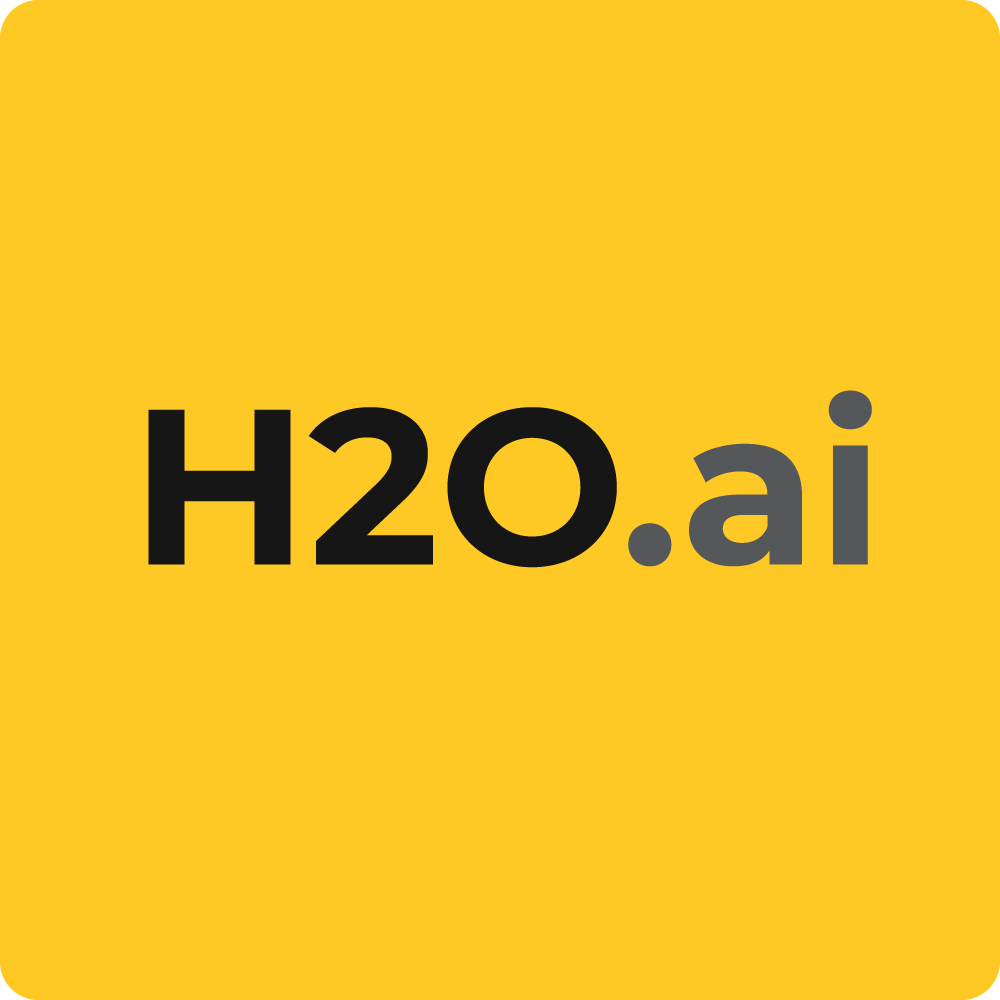NYC Big Data Meetup - Distributed Random Forest, GBM, GLM & API for Big Data Algos


Distributed Machine Learning has come of age. Just in time to meet the challenges of Big Data, we present an API for extending and rolling your own Algorithms or using powerful contest-winning Gradient Boosting Machine, Generalized Linear Modeling and Random Forest at scale. Demo and Fireworks using big datasets from within the familiar R interface on commodity hardware.
Speakers:
SriSatish Ambati, CEO & Co-founder, 0xdata
Cliff Click, CTO & Co-founder, 0xdata
Srisatish Ambati
Sri is co-founder and ceo of 0xdata (@h2oai), the builders of H2O. H2O democratizes big data science . Sri is known for his knack for envisioning killer apps in fast evolving spaces and assembling stellar teams towards productizing that vision. A regular speaker in the BigData, NoSQL and Java circuit, Sri leaves a trail on twitter @srisatish.
Cliff Click
Cliff Click is the CTO and Co-Founder of 0xdata, and wrote his first compiler when he was 15 (Pascal to TRS Z-80!), although Cliff’s most famous compiler is the HotSpot Server Compiler (the Sea of Nodes IR). Cliff is invited to speak regularly at industry and academic conferences and has published many papers about HotSpot technology. He holds a PhD in Computer Science from Rice University and about 15 patents.
http://www.meetup.com/NYC-Big-Data-Science/events/146825242/





